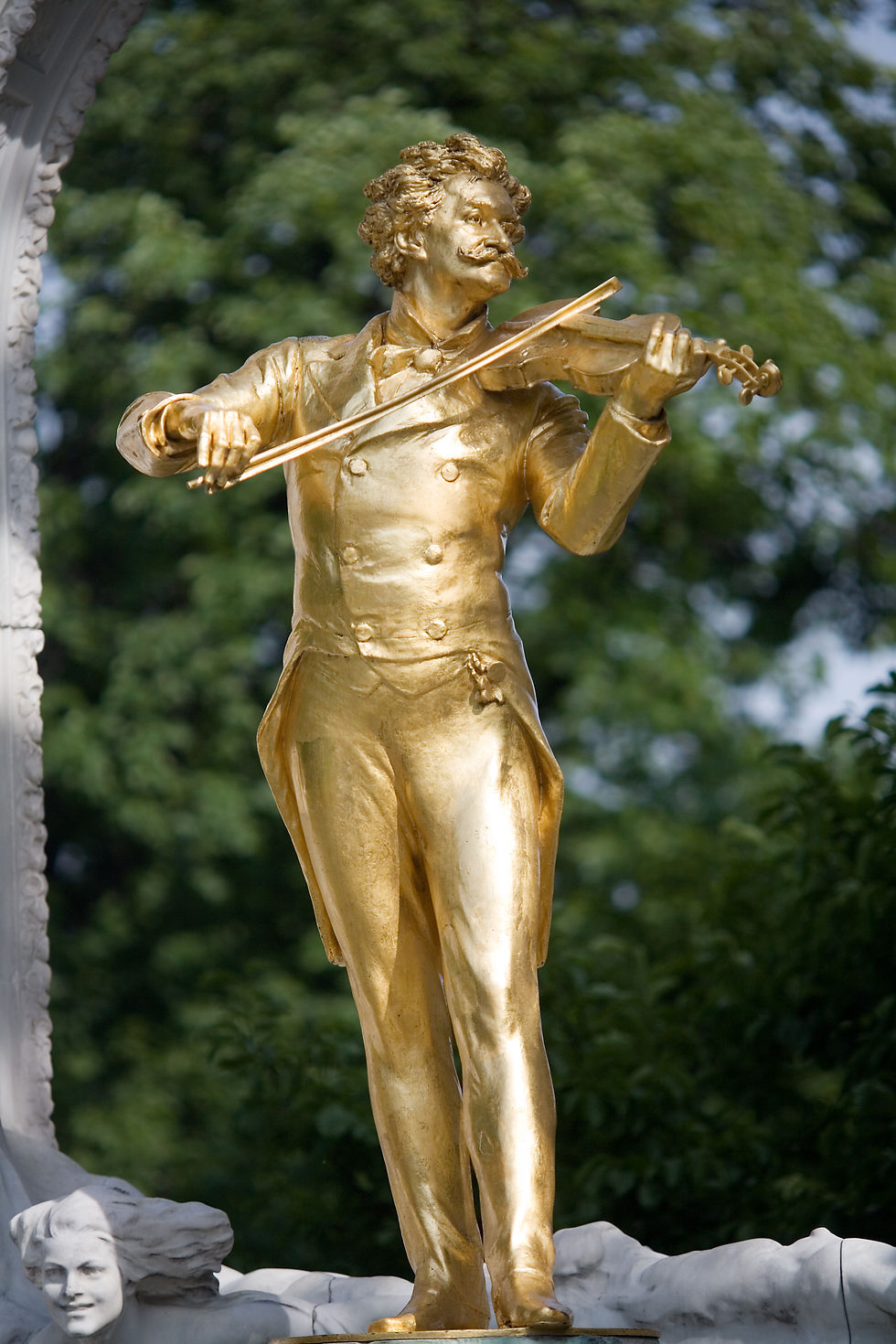LIFE WITHOUT MUSIC WOULD BE A MISTAKE No.5/8.05
- victorshramko
- May 8, 2025
- 3 min read
Music is the universal language of mankind.
That's what someone called this magic language. Language? Someone else said: 'Where words fail, music speaks'. And it's true.
Why magical? No one and nothing can better express the inexpressible, unimaginable joy and sadness. A language that is understandable to everyone and does not require translation. 'A wise person glass and eye' seem unnecessary. We receive its message both consciously and subconsciously, almost physically, with our 'whole body'.
So, is it worth learning this language, its letters (called notes), words (motifs), and sentences (phrases)? Not to mention grammar (theory of music)? The question was inspired by my friend. An excellent musician and younger colleague asked me if I would write what I think about the benefits of learning to read sheet music?
My answer is: With joy, even not without difficulties. Many learners would like to bypass the hardship of learning to read (and write – too) notes and play 'by ear' and 'by heart'. Also, some teaching persons limit themselves to teaching memorizing melodies and showing 'how to play it'. Not always right or perfect. This is very limiting you.
Reading music is the first challenge. The problems with this are sometimes considered a lack of talent. Not true! What would happen if we treated reading and writing letters this way? It's just 7 notes/letters and with the addition of those raised or lowered by half a tone – 12. This set is repeated in every octave. As on another floor the same rooms. Simple. In the color and shape of musical letters, there is also information about the duration of the sound. After, there are many helpful pieces of information about silence (pauses), power of sound, way of getting notes, speed, character of the piece, and so on. But it is later... In my opinion, it is simpler than Latin, Arabic, or Chinese alphabets.

In the end, a teacher will help you. A teacher's job is to make difficult things easy.
I love music. I hope it's a bit mutual. The proverb goes: 'Love is blind'. Sometimes it is, but it doesn't have to be! Isn't it more beautiful to enjoy the object of your love visible in all its glory? Consciously and not some other person's description? As a blind or illiterate person must use it? Without your choice and decision? It's a bit like being on someone's leash. Mostly short. Like a family pet?
Do you choose freedom of assessment and decision? Is it worth it?
After all, it improves your intellect, sensitivity, motional and emotional coordination... I'd like to continue it further, if you'd wish...
NB. Scientists have discovered that even people with Alzheimer's who can't remember their own names and own children can remember how to read and play music. Because this skill is coded in 30 places in different parts of the brain.
Enough words.
Let us play: Richard Strauss - Concerto in D Major for Oboe and Small Orchestra (2 mvt.) performed by François Leleux.
You might have heard the name Strauss related to amazing Vienna waltzes in ballrooms and New Year celebrations (the Vienna Philharmonic has a tradition of a festive concert every New Year where pieces by Johann Strauss II play a prominent role).
But Richard Strauss, although sharing the same name, was a German composer with a totally different musical language. He was greatly influenced by another German composer, Richard Wagner, and was known for his epic tone poems and operas. His music is mostly described as having a rich and advanced harmonic style.
Still, Richard Strauss wrote some of the most beautiful and memorable melodies in music history, like the 2nd movement of his Oboe Concerto, which was one of his last works.

Written by
Cezary Owerkowicz
Co-founder of Kuwait Music Academy and
Director of Treasure of Talents Festival in Kuwait
_edited.png)






